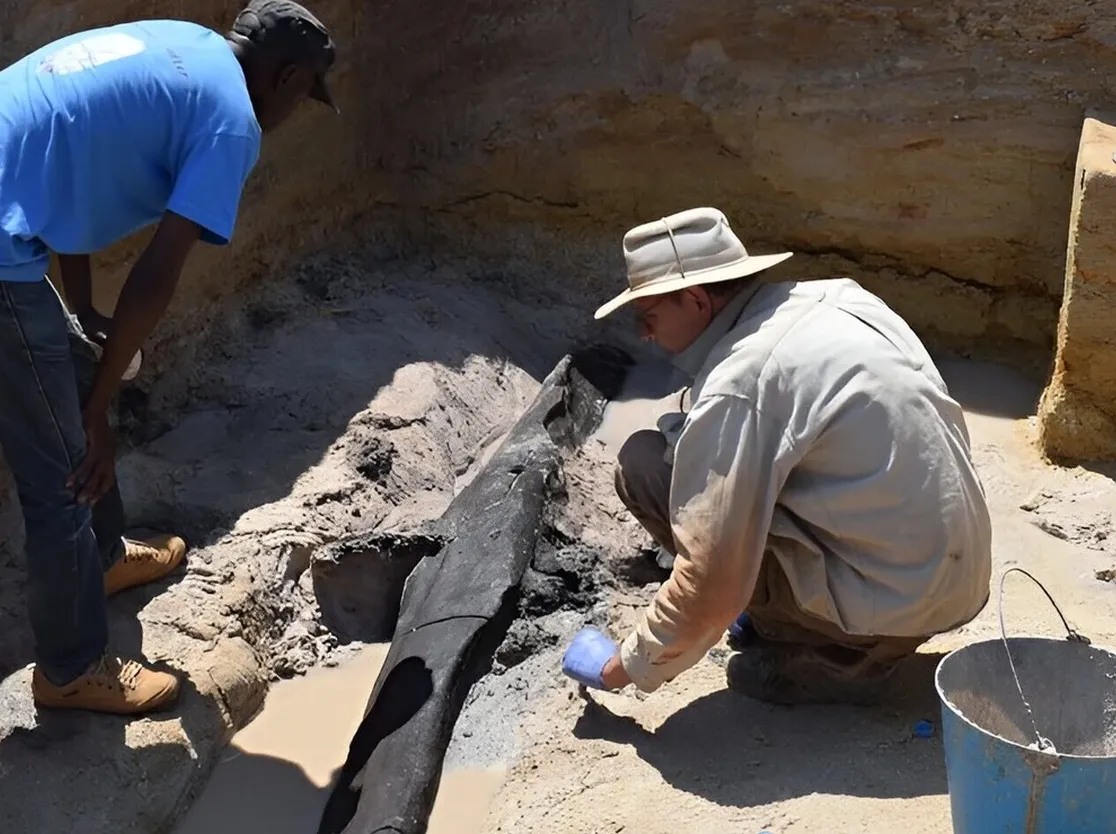by Joe Martino, The Pulse:

On Monday we published a story about how scientific misconceptions can shape our worldview. From worldview comes thought, feeling, emotion, action and being. The way we view ourselves, each other, and our relationship to reality (spirituality) all stem from our worldview.
But what if the information, tradition, and culture that teaches us our worldview is incomplete or wrong? This is a big one to unpack, so I’ll leave it as a point of reflection for now.
TRUTH LIVES on at https://sgtreport.tv/
Today, I want to talk a bit about a new finding that reminds us to keep an open mind about our past. Interestingly, this finding comes as a staunch debate between scientists emerges about the nature of consciousness.
What if humans existed long before we thought? What if humans from hundreds of thousands of years ago were more advanced than we thought?
Scientists working in Zambia have discovered what are believed to be the remains of the world’s oldest wooden remains. Current dating suggests they are around 476,000 years old, which is almost a hundred times older than the Pyramids in Egypt.
This would challenge our understanding of history as it is believed that homo sapiens entered the evolutionary picture about 350,000 years ago.
The 1.4-meter wooden remains were discovered at Kalambo Falls in the central African nation. The area is a hot spot for archaeological discoveries, with evidence of human life all the way from the early Stone Age to modern times.
Professor Larry Barham of the University of Liverpool’s Department of Archaeology, Classics and Egyptology led the team that studied the remains.
His team published a paper in the journal Nature discussing their findings. They noted that a high water table was one of the primary reasons why the remains were able to stay intact and in good enough condition to notice details like purposefully cut notches to interlock the wood.



